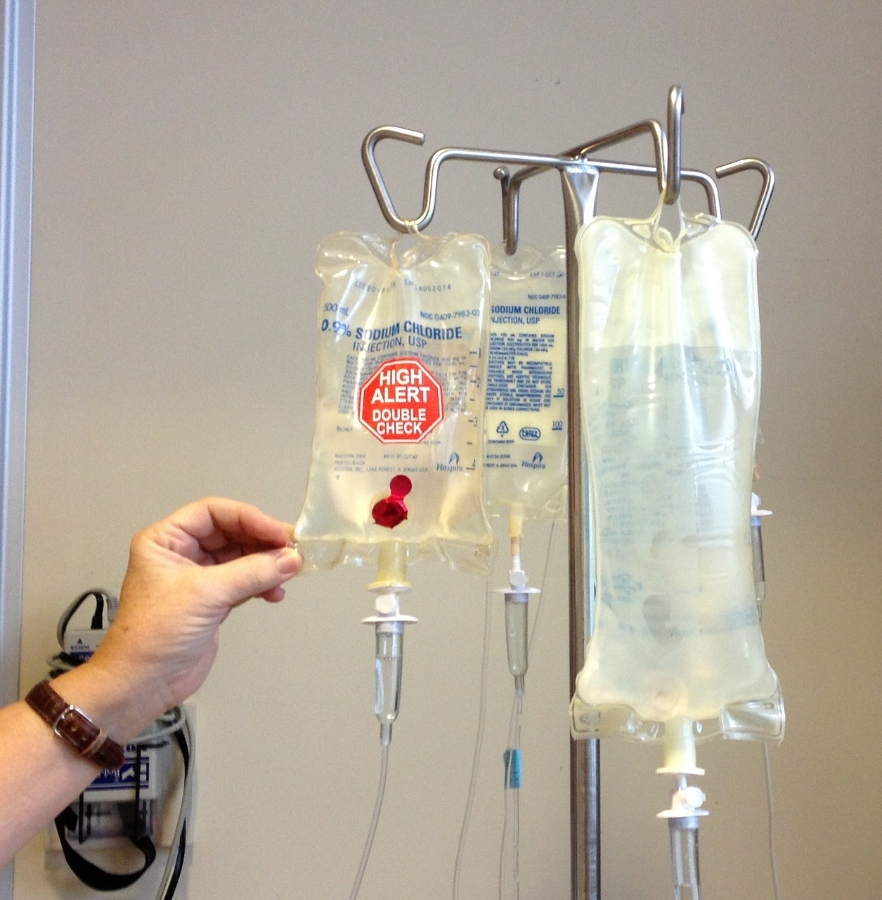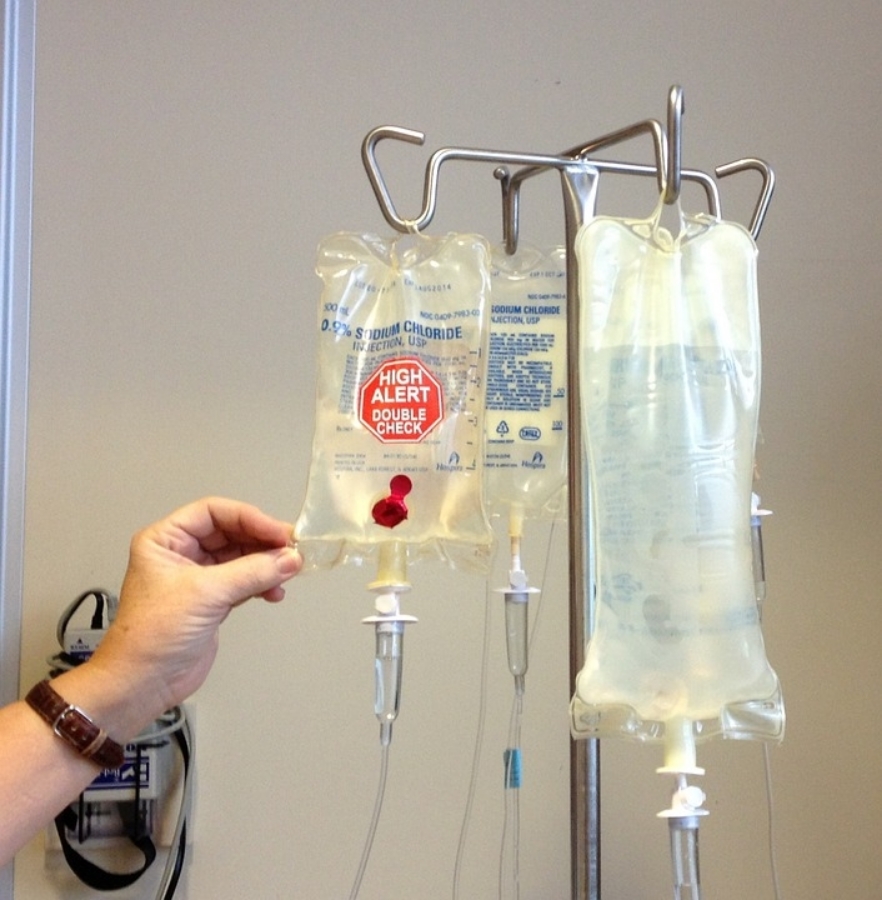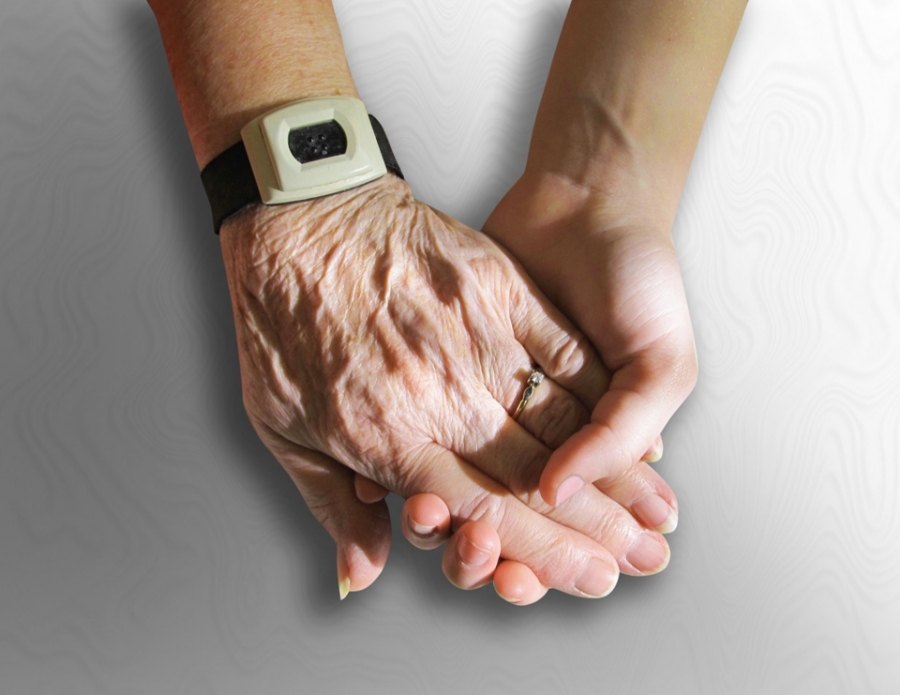Blog
For most people, their largest asset is the equity in their principal residence. This is generally considered a lifestyle asset, not an income producing asset. If you are at least age 55 (Canada) or age 62 (USA) and want to continue to live in your own home, a reverse mortgage can create income for your retirement by giving you a way to access part of the equity in your home without having to sell or move.
Baby boomers have the freedom and the resources to travel but they are also of an age when they face the very real possibility of incurring medical costs in a foreign country. So how do you indulge your passion for travel while providing for unexpected medical emergencies at the same time?
The old saying goes that the only sure things in life are death and taxes. While almost everyone files their taxes every year, over half of North Americans have not addressed that other certainty, and continue to put off making a Will.
No one expects the unexpected.
Each day of our lives, we run the risk of being struck down by disease, illness or accident. Any one of us could find ourselves in a hospital bed, unable to speak and unaware of our surroundings, clinging to life but facing imminent death.
Yes, I know that's a really depressing way to jump into an article, but I'm trying to make a point. Being prepared is a good thing. We don't like to think about these things, but they do happen.
If you were in a serious car accident and were given little chance of survival, your family would be devastated. Would you not want to spare them as much pain and stress as possible? Of course you would. That's why you should make an Advance Medical Directive.
What is an advance directive?
An advance medical directive (also known as a health care power of attorney, personal directive, or living will) is a document which accomplishes two things.
Firstly, it lets you name someone you trust (such as your spouse, partner, sibling, or good friend) as your attorney-in-fact (also called an agent, surrogate or proxy) who is authorized to make medical decisions for you when you are unable to do so.
Secondly, it allows you to set out your wishes about the extent of medical care you want to receive if you are in a persistent vegetative state (coma) or if you are likely to die from an irreversible condition.
Why is an advance directive important?
The underlying principle of an advance directive is to allow you to exercise your right to decide whether or not you want your life to be prolonged by artificial means, and to instruct your caregivers how much or how little treatment you want them to administer. Because these instructions are written down at a time when you were still able to communicate them, your loved ones and healthcare providers can be sure of your wishes and let those wishes guide their decisions.
You should discuss your healthcare preferences with the person you name as your agent so that he or she knows the circumstances in which you would not want to be resuscitated or kept on life support, whether you would want pain relief or other medications to be administered, and even whether you wish to receive fluids or nutrition intravenously.
An advance directive only becomes effective if you are no longer able to make your own decisions.
If your medical condition is temporary, the directive will cease to be effective as soon as you regain mental capacity. Many states, provinces and countries now recognize the patient's right to refuse life-sustaining treatments and to die with dignity, although some jurisdictions have restrictions on certain decisions that a surrogate can make. For instance, generally your agent cannot make decisions involving abortion or sterilization.
Your spouse, your agent and your doctor should all have a copy of your advance directive. And if you decide to change or revoke your directive, make sure they each have a copy of the changes or the revocation as well.
What does "net worth" mean?
If you asked 100 different people what their net worth is, 95 of them would probably not be able to give you an accurate figure. "Net worth" is the amount by which the total value of your assets exceeds the total amount of your liabilities.
Net worth is an indicator of your financial "health". It tells lenders whether you can pay back the loan you're applying for. Financial planners use it as the basis for your retirement plan. If you're going through a divorce, you'll have to provide your soon-to-be-ex's lawyers with a personal net worth statement as part of the settlement negotiations.
How to Determine the Value of Your Assets
Your assets include all items which you own an interest in and all debts which are owed to you which have an actual dollar value, including:
- Cash in bank accounts
- Stocks and stock options, bonds, other securities
- Life insurance cash value
- Real estate
- Vehicles
- Loans owing to you from others
- Retirement savings plans and annuities
- Business interests
- Collections and collectibles of value (such as art, jewelry, coins, stamps, antiques, etc)
- Household furniture and goods.
When calculating the value of your assets, use the current market value - in other words, what it's worth today, not what it was worth when you bought it or what it might be worth at some point in the future.
Adding Up the Total of Your Liabilities
Your liabilities are all of the debts you owe or may be responsible for paying, which includes:
- Mortgages
- Bank loans and personal loans (from family or friends)
- Unpaid bills
- Monthly lease or rental payments
- Taxes
- Credit card balances
- Any obligations you have guaranteed for others as a guarantor, endorser, or co-signer.
You can use this simple net worth calculator from the Ontario Securities Commission to help you determine what your current net worth is. There are a number of similar tools available online.
How You Can Improve Your Net Worth
If you're not happy with the final figure you arrived at, DON'T PANIC. There are ways to improve that bottom line. The simplest method is: Increase your income and reduce your expenses.
If you're not sure how to do that, get some expert help. There are many free resources available online with helpful information, downloadable tools and resources to help you get your finances on track, so that the next time you calculate your net worth you'll be happier with the result.
Image by Steve Buissinne from Pixabay
Your financial needs change throughout your life as well. What was important to you at 25 may not matter at all by the time you hit 50. The priorities of middle age wouldn't even have entered your mind back then. And your personal and estate planning strategies should change right along with those life stages.
Those of us who are members of the Baby Boomer generation who are still lucky enough to have one or both parents living are now facing some tough decisions when it comes to caring for our parents. It is important to help them retain their independence and personal dignity for as long as possible, but if they are reaching a point where they cannot manage everything (whether due to physical or mental deterioration, or a combination of both), it becomes necessary to appoint someone close to them to take over those actions and decisions that they are no longer able to handle.
- 2025
- 2024
- 2023
- 2021
- 2020
- 2019
- 2018
- 2017
- 2016
- 2014
- 2013
- 2012
- 2011











